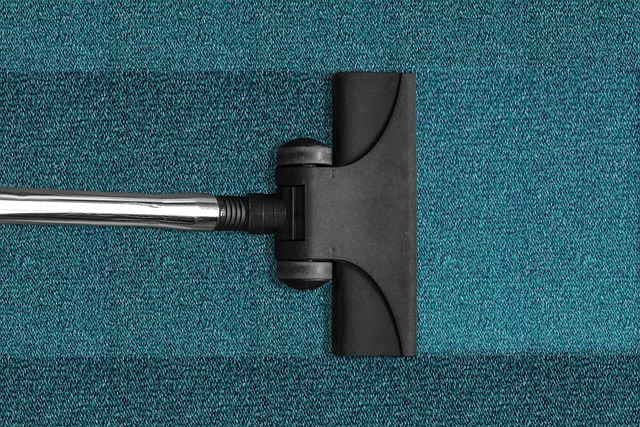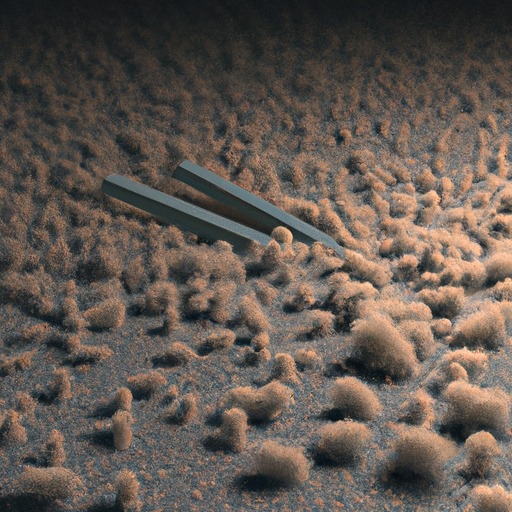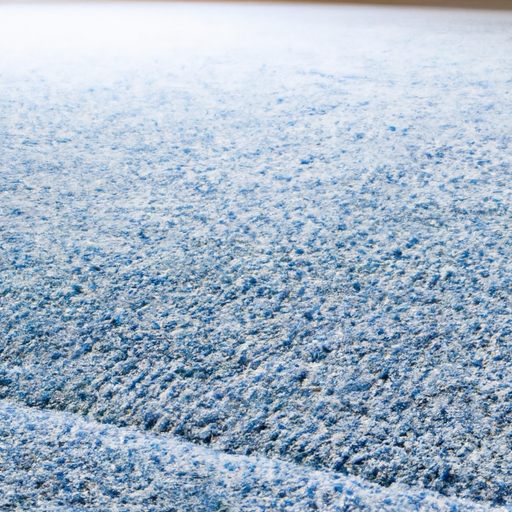This guide explores the significant impact of clean carpets on indoor air quality. It delves into the science behind how carpet cleanliness directly affects the quality of the air we breathe indoors and the potential health implications of poor carpet hygiene. The guide further provides practical tips and strategies for maintaining clean carpets, thus improving indoor air quality.
"The Science of Carpets and Air Quality: More Than Meets the Eye?"
Carpets are often seen as nothing more than a decorative element in our homes or offices, but there is much more to them than meets the eye. The truth is, carpets play a significant role in the quality of the air we breathe indoors. They act as a filter, trapping dust, allergens, and other pollutants that would otherwise circulate freely in the air.
The construction of carpets allows them to capture and hold onto these particles, preventing them from becoming airborne and potentially causing respiratory issues. However, this means that carpets can become a breeding ground for bacteria, mold, and other harmful substances if not properly maintained.
Research has shown that dirty carpets can contribute to poor indoor air quality, leading to a range of health problems such as allergies, asthma, and respiratory infections. The accumulation of dust mites, pet dander, pollen, and even chemicals from cleaning products can all be present in a neglected carpet. These contaminants can be released into the air when disturbed, putting the health of the occupants at risk.
An illustration showing dust particles trapped in carpet fibers
The Health Implications of Dirty Carpets: Are We Breathing Safely?
When we neglect to clean our carpets regularly, we may unknowingly be compromising the quality of the air we breathe indoors. Dirty carpets can harbor a multitude of harmful substances that can negatively impact our health. As mentioned earlier, dust mites, pet dander, pollen, and even chemicals from cleaning products can accumulate in carpets over time.
When these contaminants are disturbed, either through walking on the carpet or vacuuming, they can become airborne and easily inhaled. This can lead to various health issues, particularly for those who already suffer from allergies or respiratory conditions. Symptoms such as coughing, sneezing, wheezing, and even difficulty breathing may become more frequent in individuals exposed to the pollutants released from dirty carpets.
Furthermore, the presence of mold and bacteria in neglected carpets can also have detrimental effects on our health. Mold spores can cause allergies and respiratory infections, while bacteria can lead to infections and other illnesses. These microorganisms thrive in moist environments, making carpets an ideal breeding ground if they are not properly cleaned and dried.
"The Power of Clean Carpets: An Unexpected Ally in Air Quality Improvement?"
Clean carpets can act as an unexpected ally in improving indoor air quality. When carpets are properly maintained and regularly cleaned, they can effectively trap and remove allergens, pollutants, and other particles from the air. The fibers of a clean carpet can act as a filter, capturing and holding onto these contaminants, preventing them from circulating in the air we breathe.
Unlike hard surfaces, such as tile or hardwood floors, which allow particles to easily become airborne, carpets can actually help to reduce the spread of pollutants. The trapped particles are kept within the carpet, reducing their ability to be released back into the air. This can be especially beneficial for individuals with allergies or respiratory conditions, as cleaner air can lead to fewer symptoms and improved overall health.
Additionally, clean carpets can also contribute to a healthier living environment by reducing the presence of odors. Over time, carpets can absorb and hold onto unpleasant smells from pets, food spills, or general wear and tear. Regular cleaning can effectively eliminate these odors, leaving the space smelling fresh and clean.
Maintaining clean carpets not only improves the air quality in our homes but also extends the lifespan of the carpet itself. Regular vacuuming and professional deep cleaning can help remove dirt and debris that can cause premature wear and tear on the carpet fibers. This can result in a longer-lasting and more visually appealing carpet, enhancing the overall aesthetic of our living spaces.
An image of a clean, well-maintained carpet in a room with a clear, symbolic representation of fresh air
Practical Strategies for Carpet Maintenance: Can We Make a Difference?
Maintaining clean carpets is not as challenging as it may seem, and with a few simple strategies, we can make a significant difference in the air quality of our homes. First and foremost, regular vacuuming is essential. Vacuuming at least once a week, or more frequently in high-traffic areas, helps to remove surface dirt, dust, and allergens before they settle deep into the carpet fibers. Using a vacuum cleaner with a HEPA filter can further enhance the effectiveness of this process by capturing smaller particles that may otherwise be released back into the air.
In addition to regular vacuuming, it is important to address spills and stains promptly. Blotting spills with a clean cloth or paper towel and treating stains with a gentle carpet cleaner can help prevent them from becoming permanent and attracting more dirt over time. It is important to avoid rubbing or scrubbing the stain, as this can damage the carpet fibers.
Another practical strategy for carpet maintenance is to schedule professional deep cleaning on a regular basis. Professional cleaners have the necessary equipment and expertise to thoroughly clean and extract embedded dirt and allergens from deep within the carpet. This deep cleaning process can revitalize the appearance of the carpet and ensure that it continues to effectively trap and remove pollutants from the air.
Finally, implementing a "no shoes" policy in the home can significantly reduce the amount of dirt, debris, and allergens that are tracked onto the carpets. Encouraging family members and guests to remove their shoes at the entrance can help prevent the transfer of outdoor pollutants into the living space, ultimately reducing the amount of cleaning required and improving the overall air quality.
Impact of Clean Carpets on Indoor Air Quality:
| Carpet Cleanliness | Air Quality | Potential Health Implications | Practical Tips |
|---|---|---|---|
| Significantly Affects | Directly | Poor Carpet Hygiene | Maintain Clean Carpets |
| Removes Allergens | Improves | Reduces Respiratory Issues | Vacuum at least twice a week |
| Reduces Dust | Better | Decreases Asthma Symptoms | Shampoo carpets at least once a year |
| Prevents Mold Growth | Healthier | Reduces Risk of Allergic Reactions | Deep Clean Carpets Regularly |
Maintaining clean carpets is an integral part of ensuring good indoor air quality. Besides enhancing the aesthetic appeal of your interior, clean carpets play a crucial role in eliminating allergens, dust, and pollutants that could compromise your health. Through regular vacuuming, professional carpet cleaning, and immediate stain removal, we can significantly improve our indoor air quality and create a healthier living environment.



